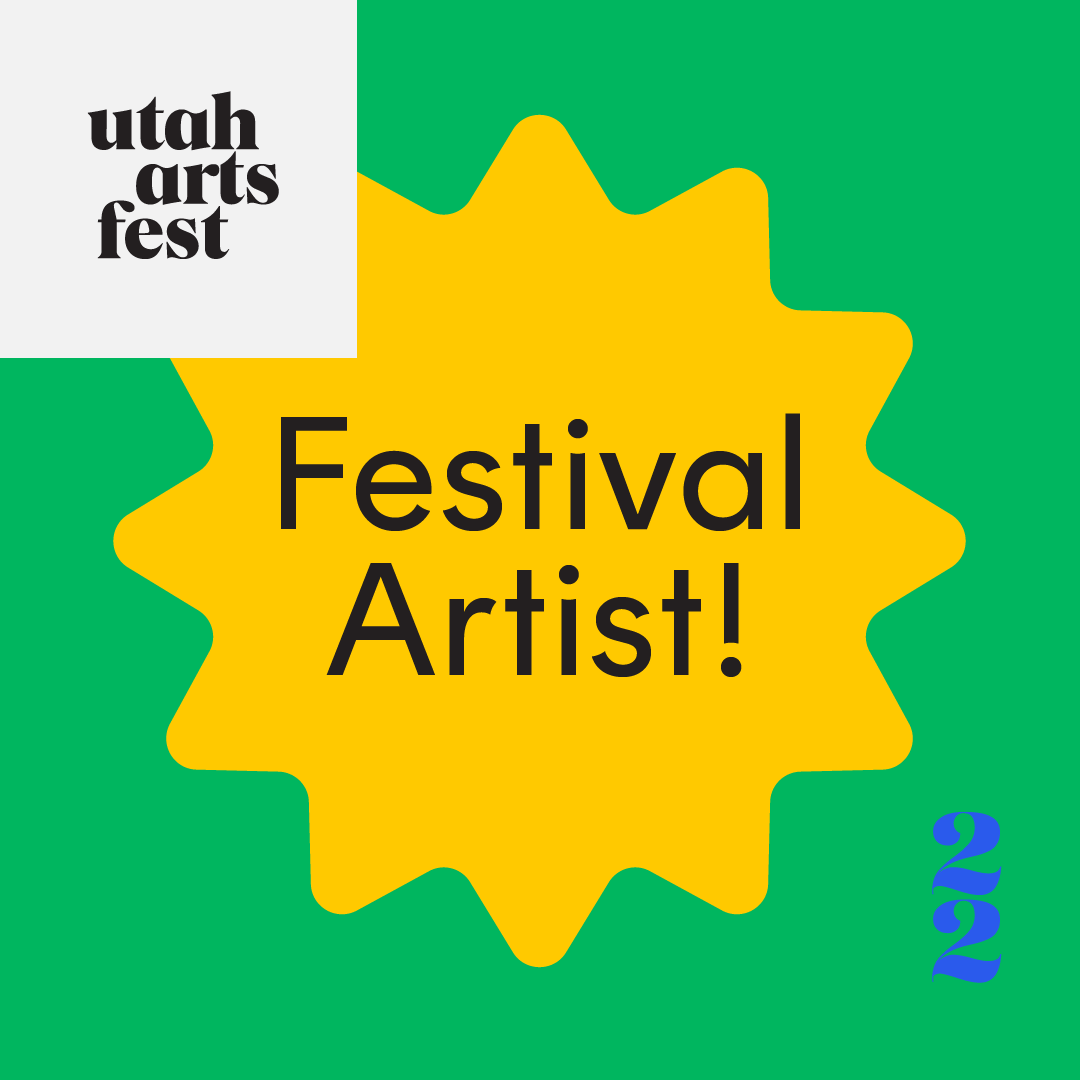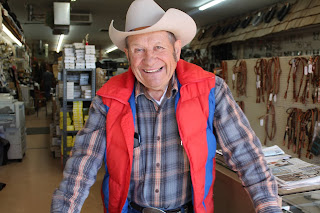A collection of rodeo poems, Buckoffs and Broken Barriers, written over the years is now available online in paperback and eBook. The poems range from humorous to wistful and everywhere in between, and all are the result of years spent riding, working, or watching rodeo. Some are based on actual events. Others ought to be, even if they’re not.
Nine-time World Champion Rodeo Cowboy Ty Murray read the book, and had this to say:
“Rod Miller is a very talented wordsmith who brings out the humor, danger, mystique and drama of cow people and their sport. After reading many of his poems that depict his experiences as a rodeo cowboy, it’s a damn good thing he’s a hand with a pen.”
Coming mid-August is a collection of short stories, Shiny Spurs and Gold Medallions, co-authored with friend and fellow writer Michael Norman. Many of the stories are award winners or finalists for those honors, or recipients of other noteworthy recognition. There are Spur Awards from Western Writers of America, Medallions from the Will Rogers Medallion Awards, Peacemakers from Western Fictioneers, and other honors some of our stories have been fortunate enough to receive. We collected those award winners and finalists, wrote some new stories, and put them together in this two-author collection.
Michael is author of several modern-day Western mystery novels, and also writes short stories. Most are historical tales about the Apache wars in the Southwest. My stories run the gamut in setting, subject, and style. The book is a Thorndike Press large-print edition, available from online booksellers as well as on the shelves at many libraries.
Whether your taste runs to poetry or short fiction or both, you’ll find Buckoffs and Broken Barriers and Shiny Spurs and Gold Medallions enjoyable. You’ll get a taste of arena dirt, feel the heat of the southwestern deserts, and hear the creak of saddle leather. You’ll find a touch of anxiety and anticipation, some fear and uncertainty—and even the occasional laugh.



















